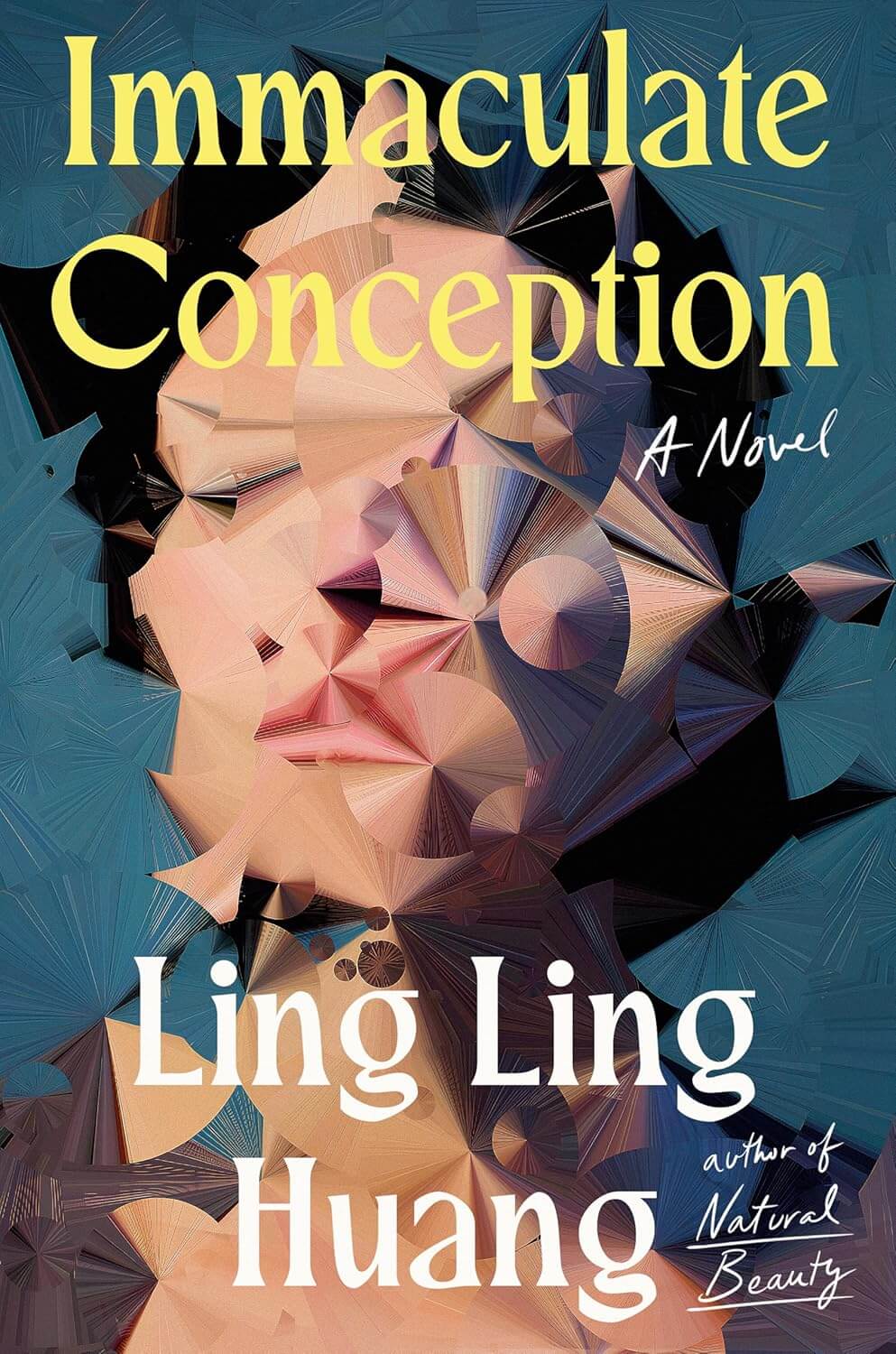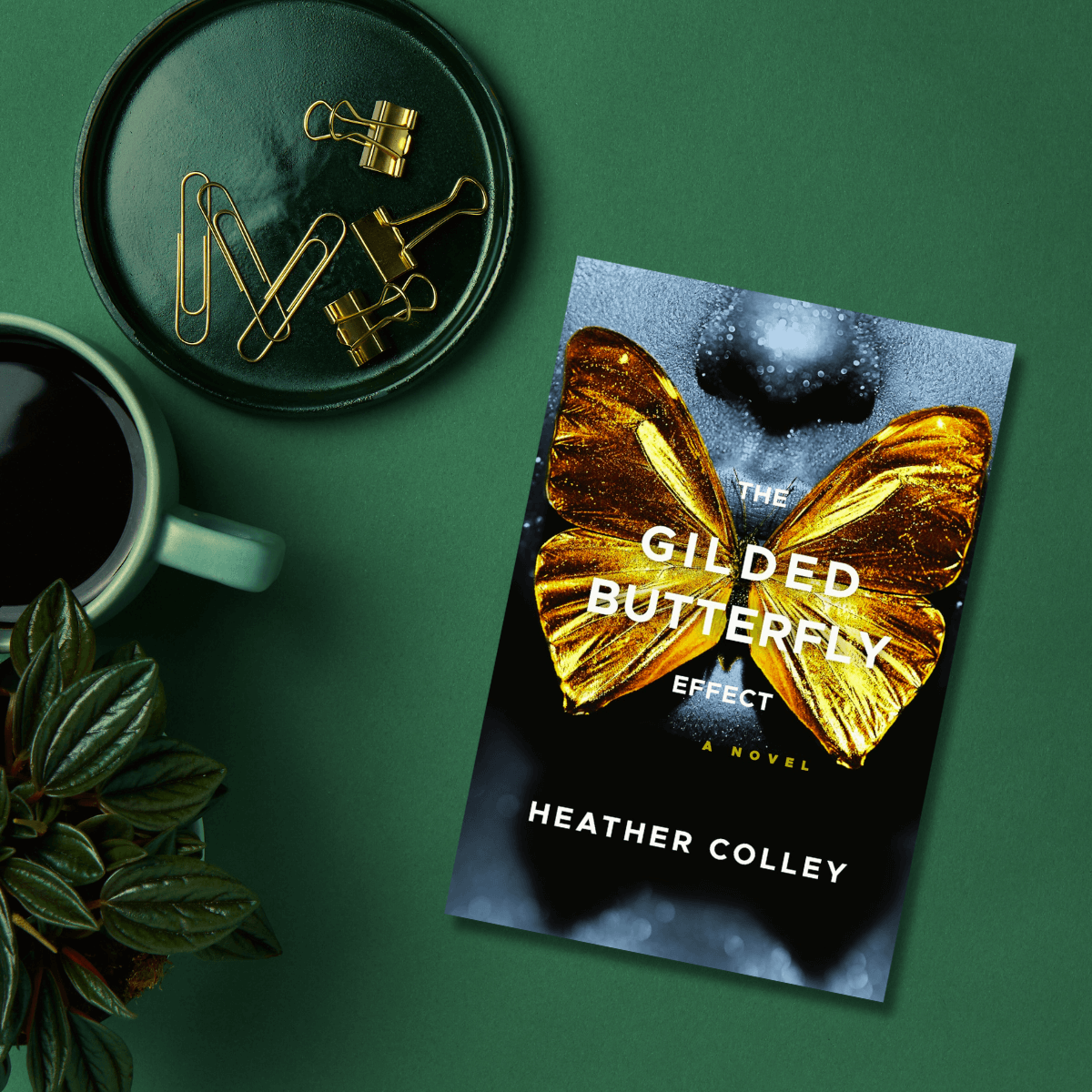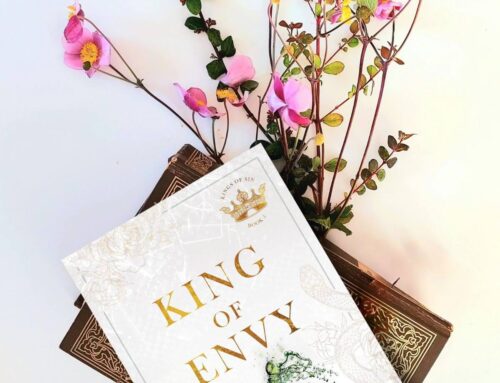Guest Post by Heather Colley
Heather Colley is a PhD student in English Literature at the University of Oxford (Regents Park College). She researches late 19th and early 20th century jazz and blues aesthetics in transatlantic modernist literature, with a particular emphasis on the impacts of musical forms and tropes on literary experimentation and cultural development. She completed her Master’s in Modern and Contemporary Literature with Distinction at St Andrews, where she studied lyric and form in the work of mid-twentieth-century African American women novelists. She received her Bachelor’s in English Literature/Creative Writing and Sociology at the University of Michigan Ann Arbor. Heather Colley’s writing won The Oxford Review of Books Short Fiction Prize, the Hopwood Award, and inclusion in the Desperate Literature anthology. The Gilded Butterfly Effect is her debut novel. She lives in Oxford, England and New York.
The dark academia subgenre seems to be proliferating everywhere. But new dark academia writers are rejecting repetition and platitudes – if Donna Tartt’s hallowed halls and precocious, dead-language-speaking undergraduates are the blueprint, then the genre has since fractured and recreated itself in remarkable ways. 2025 and 2026 are going to be brilliant years for the dark academia novel and the campus novel, because authors are subverting traditional Gothic tropes to engage with highly topical contemporary issues. There will be new technology amidst the traditional archaic spires; genre-bending work that borrows from the spy, detective, romance, and horror traditions; and a focus on young women’s perspectives within claustrophobic and elite institutions.
Like many of the novels on this list, my debut The Gilded Butterfly Effect borrows from the campus tradition established by twentieth-century writers like Kingsley Amis and Evelyn Waugh; it is concerned, however, not necessarily with tradition or nostalgia but with the complex contemporary issues of campus life. From the world of dark academia and its broader Gothic tradition, seriously flawed characters arise—sometimes, as in my novel, they’re barely redeemable. The claustrophobia of elite institutions means that characters—Stella and Penny, the two central young women in The Gilded Butterfly Effect—become inflated caricatures of themselves, and can have complete breakdowns that go unnoticed, or even celebrated, by their peers.
What I’ve always found fascinating about campus life is that it can be so overwhelming and so wonderful, all at once. In my novel, I try to evoke that joy but also that crushing pressure and anxiety, and especially that anxiety of being a young woman on a campus that’s dominated by fraternity boys, and an administration that turns a blind eye to students’ private catastrophes in the Greek Life system.
Death Takes Me by Cristina Rivera Garza
Death Takes Me was first published almost two decades ago in Garza’s original Spanish, and in February 2025, the novel was translated into English for the first time by Rosin Myers and Sarah Booker. Above all, this is a beautifully interpretable work of literary fiction from Pulitzer Prize-winning Garza, with dark academia and detective-novel subtexts that promote its eeriness, its foreboding sense of intrigue, and possible disaster. The crux of the novel is itself language and literary analysis, as a professor, a welcome difference in a subgenre that often focuses on undergraduates, analyses poetry across crime scenes.
Buy the book now: Bookshop.org | Amazon | Barnes & Noble

Immaculate Conception by Ling Ling Huang
Ling Ling Huang’s Immaculate Conception is a fascinating entry into the dark academia subgenre because it evokes a tool that rarely appears in the archaic, nostalgic worlds of ancient universities and colleges: new, highly innovative technology. In Huang’s world, the SCAFFOLD technology allows individuals to enter another’s mind and access everything there, from artistic inspiration to traumatic memories. The technology entices Enka, who envies her art-school friend Mathilde’s artistic work and creativity. With a mix of neurological technology in the vein of Apple TV’s Severance and the unrelenting, obsessive jealousy of R.F. Kuang’s Yellowface, Immaculate Conception is a new take on a subgenre that looks at imagined futures rather than archaic environments.
Buy the book now: Bookshop.org | Amazon | Barnes & Noble

The Bewitching by Silvia Moreno-Garcia
The Bewitching is the highly anticipated new novel from New York Times bestselling author of Mexican Gothic, Silvia Moreno-Garcia. In her newest book, Moreno-Garcia recalls several themes which she has visited in the past: girlhood and womanhood in twentieth-century Mexico, the macabre, and the ways in which familial and cultural myths reappear in contemporary life. Another dark academia entry which moves away from undergraduate life, The Bewitching follows graduate researcher Minerva as she unearths traces of witchcraft in old manuscripts.
Buy the book now: Bookshop.org | Amazon | Barnes & Noble

These Mortal Bodies by Elspeth Wilson
Elspeth Wilson’s debut novel evokes aesthetic elements that have come to be associated with the dark academia subgenre: dreaming spires, hallowed halls, and secret societies—even the cover recalls a University of Oxford college, the sort of place where Wilson’s protagonist Ivy goes to start her degree. Wilson’s debut, however, complicates certain academic tropes in fascinating ways. Her locale is an all-girls’ college within a university, which promotes toxicity and hyper-fixation amongst its students, and her characters, like Richard Papen from Donna Tartt’s The Secret History, embrace the darkness of the collegiate world. Unlike Richard, however, Ivy’s story is about her own purpose and destiny within and beyond the group dynamics of her college, and the novel celebrates young women’s autonomy within academic legacies as a result.
Buy the book now: Amazon

Doll Parts by Penny Zang
When I saw The Virgin Suicides listed as a comp for Zang’s debut novel, it was already an immediate add for me, but even more so that this book is poised to invert the all-male, choral perspective of Eugenides’ novel. Instead of nostalgic boys and men, Zang centers the Sylvia Club, a group of sad but adoring Sylvia Plath fangirls on a college campus from twenty years prior to the book’s contemporary strand. The past tragedies of the Sylvia Club are intertwined with the writerly and personal pursuits of present-day Nikki and Sadie. Described as an “ode to the aching beauty of girlhood,” Doll Parts will reposition the twentieth-century legend of Plath within dual timelines, both of which are haunted by obsessive collegiate girls and the adult women who they become.
Buy the book now: Bookshop.org | Amazon | Barnes & Noble

Katabasis by R.F. Kuang
R.F. Kuang’s next novel is one of the most highly anticipated of 2025. It will be Kuang’s second dive into the dark academia world after her best-selling Babel, a novel set at a reimagined University of Oxford in the early nineteenth century. While Babel was propelled by language and translation, both for subtext and as the novel’s thematic academic topic, the magical world of Katabasis will also include elements of logic and philosophy. The novel is an exercise in intertextuality, invoking classics of academic syllabi like Dante’s Inferno, Carroll’s Alice in Wonderland, Virgil’s Aeneid, and more Greek and Roman classic myths—I (and so many others) eagerly await Kuang’s next work.
Buy the book now: Bookshop.org | Amazon | Barnes & Noble

These Dreaming Spires: A Dark Academia Anthology
An autumnal treat for lovers of dark academia. This new anthology of twelve stories, edited by Marie O’Regan and Paul Kane, features original work from bestselling fantasy and literary fiction writer Olivie Blake, debut author Elspeth Wilson, and more iconic names in the dark academia, fantasy, and thriller worlds, including Genevieve Cogman, Ariel Djanikian, MK Lobb, and Jamison Shea. This is the perfect back-to-campus companion, rife with mainstays of dark academia like dense libraries, Gothic architecture, and hyper-exclusive university spaces. And of course, the anthology includes elements of obsessive tendencies, the macabre, and mysterious murder throughout.
Buy the book now: Bookshop.org | Amazon | Barnes & Noble
We Love You, Bunny by Mona Awad
I’m excited for Awad to go metafictional in We Love You Bunny, which will take place after the publication of narrator Sam’s debut novel (which is perhaps itself Awad’s own cult-classic novel Bunny). Bunny and We Love You Bunny will together become a sort of contemporary fairy tale, with evocations of Alice in Wonderland and Frankenstein, and hints of illogical slasher violence scattered throughout. Like so many of Awad’s fans, I’m keenly awaiting re-entry into the Bunnyverse, which will likely be as much of a collegiate fever-dream as the author’s first novel of the set.
Buy the book now: Bookshop.org | Amazon | Barnes & Noble

Heart the Lover by Lily King
Lovers of Lily King’s Writers and Lovers will be glad to learn of a narrative thread between that novel and King’s newest release, Heart the Lover. Present-day Jordan is forced to recall her senior year of college from decades past, during which she inhabited a beautiful professor’s home with two gifted students. An unconventional relationship that vacillates between love, friendship, obsession, and academic competition follows as Jordan, Sam, and Yash hurdle toward graduation. I’m especially excited for this new campus novel because it’s poised to depart from certain ever-popular tropes of dark academia: the gothic, the bleakness, the moroseness. Kirkus Reviews describes the work as a “sunny version of the campus novel,” proving that there are glimmers of joy, hope, and love even across dark academic worlds.
Buy the book now: Bookshop.org | Amazon | Barnes & Noble
*Cover Image for Anatomy of a Betrayal Coming Soon
Anatomy of a Betrayal by Grace D. Li
Anatomy of a Betrayal is the forthcoming novel from acclaimed writer Grace D. Li, whose art-heist thriller Portrait of a Thief was a 2022 NYT bestseller. In her newest novel, Li will revisit themes including Chinese American identity, diaspora, and the ways in which colonial powers can rewrite and revise both fact and history. This will be a genre-bending work, combining elements of the spy novel, the campus novel, romance, and dark academia. The novel follows two rival graduate students, but simultaneously expands into broader postcolonial issues by investigating the history of persecution against Chinese American scientists.

The Gilded Butterfly Effect by Heather Colley
When reserved Penny transfers to a Midwest college searching for the true college experience, she quickly grows attached to Stella, a beautiful sorority girl haunted by the secrets she carries. Penny is quickly pulled into the dark underbelly of campus life filled with frat houses, prescription drug dependencies, and impossible beauty standards. This is not the experience Penny expected, but she must decide how much she’s willing to give up to belong in this brutal world.
Buy the book now: Bookshop.org | Amazon | Barnes & Noble









Leave A Comment